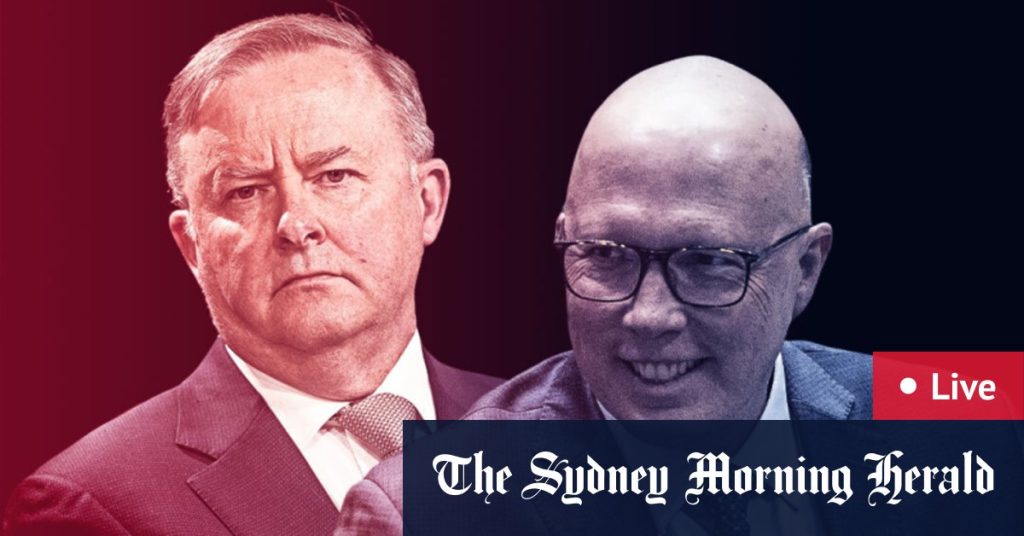Australian journalist Cheng Lei was barred from a major government press event where Prime Minister Anthony Albanese and Chinese Premier Li Qiang were signing diplomatic agreements. Chinese embassy officials attempted to block Cheng from being captured by television cameras, prompting Albanese to complain directly to Li about the disrespectful treatment of Cheng. Cheng was also prevented from entering a second press event at the Hyatt Hotel attended by Li on Monday afternoon despite being registered for the event.
According to Cheng, after the initial incident at the first press event, she went to the Hyatt Hotel and was waiting to be let into the scheduled event. She claims she overheard Chinese officials saying in Chinese that they could veto her entry because “this is our turf.” Despite being registered for the event since the previous week, Cheng was told that she was not on the list of approved attendees. A member of Opposition Leader Peter Dutton’s team eventually came over and said he would get Cheng into the event, but she was ultimately not allowed inside.
Cheng observed the Chinese delegate and Premier Li being shielded away from her, and when Dutton and Coalition foreign affairs spokesman Simon Birmingham arrived, they did not make eye contact with her. Cheng made several attempts to gain entry into the event, calling out for the Dutton team member who had promised to help her. However, she was eventually tapped on the shoulder by a Prime Minister and Cabinet media staffer, signaling that she could not enter the event. Cheng questioned why she was being excluded, as she had served her sentence in China and was now employed by an Australian news organization with a media pass for Parliament House.
The incident involving Cheng Lei being blocked from attending the press event with Chinese Premier Li Qiang raises concerns about the treatment of journalists and media freedom. Cheng, who was previously detained in China for three years, felt that she was being unfairly targeted and excluded from official events despite being an Australian journalist. The actions of Chinese embassy officials and Australian government staff in preventing Cheng from attending the event have led to criticism and questions about the motives behind her exclusion.
The diplomatic tensions between China and Australia have been ongoing, with Cheng Lei’s case adding another layer to the strained relationship. The incident at the press event highlights the challenges faced by journalists covering sensitive issues and the impact of political tensions on media freedom. Cheng’s experience sheds light on the difficulties that journalists, particularly those of Chinese descent, may face when reporting on contentious topics that involve both countries.
Cheng’s determination to attend the event despite being blocked multiple times demonstrates her commitment to her work as a journalist and her desire to report on important diplomatic engagements. The incident has sparked a debate about the treatment of journalists and the importance of protecting media freedom, especially in the face of political pressures and international relations. Cheng’s case serves as a reminder of the challenges faced by journalists in maintaining their independence and integrity in reporting on contentious issues in a complex geopolitical landscape.
In conclusion, the incident involving Cheng Lei being barred from attending a press event with Chinese Premier Li Qiang highlights broader issues related to media freedom, diplomatic tensions, and the treatment of journalists in sensitive political environments. Cheng’s experience raises important questions about the rights of journalists to report on government activities and the impact of political pressures on media independence. The situation underscores the need to protect journalists from undue influence or discrimination based on their reporting, regardless of their background or the political context in which they operate.


